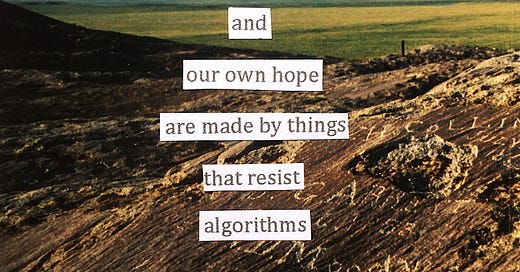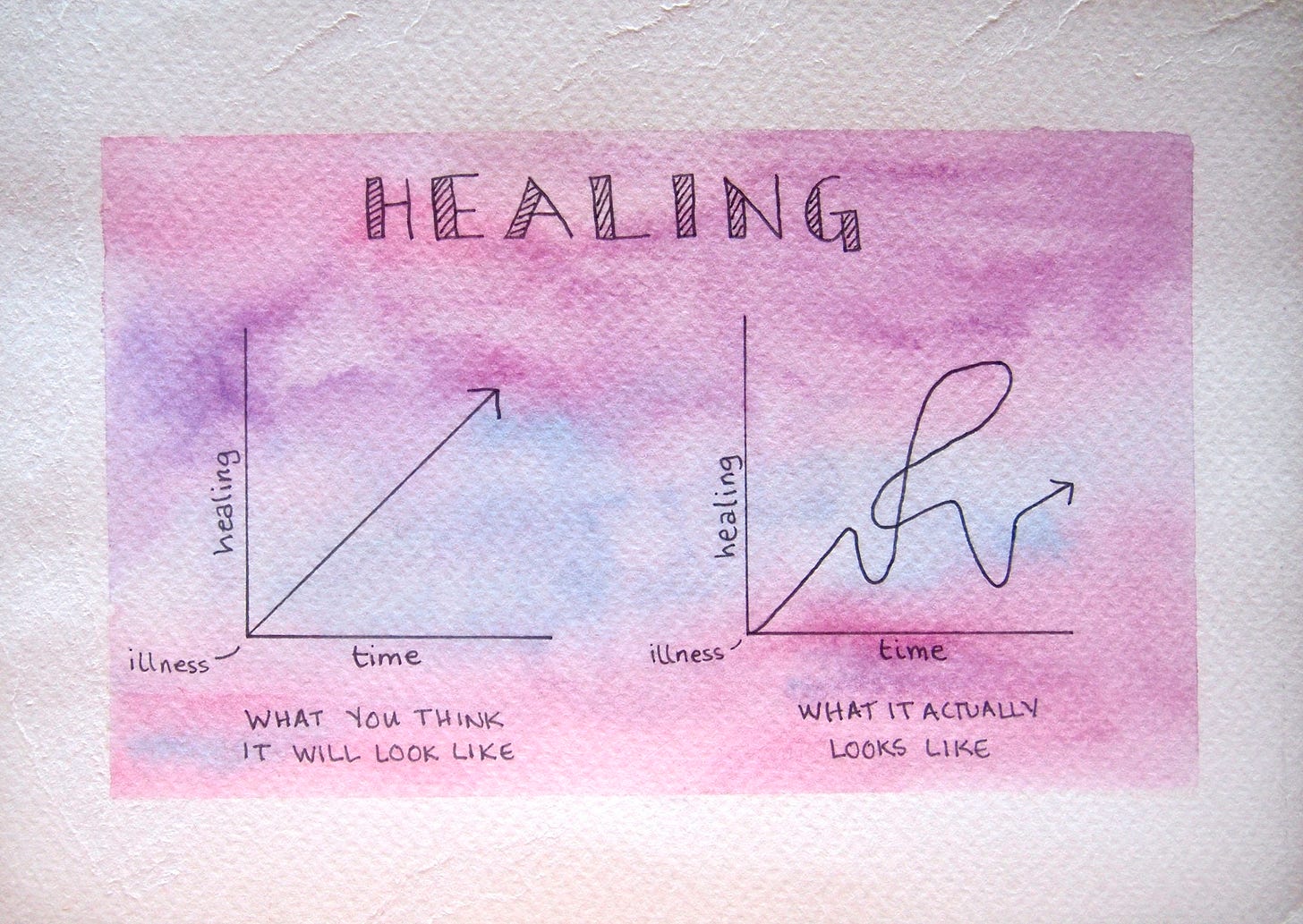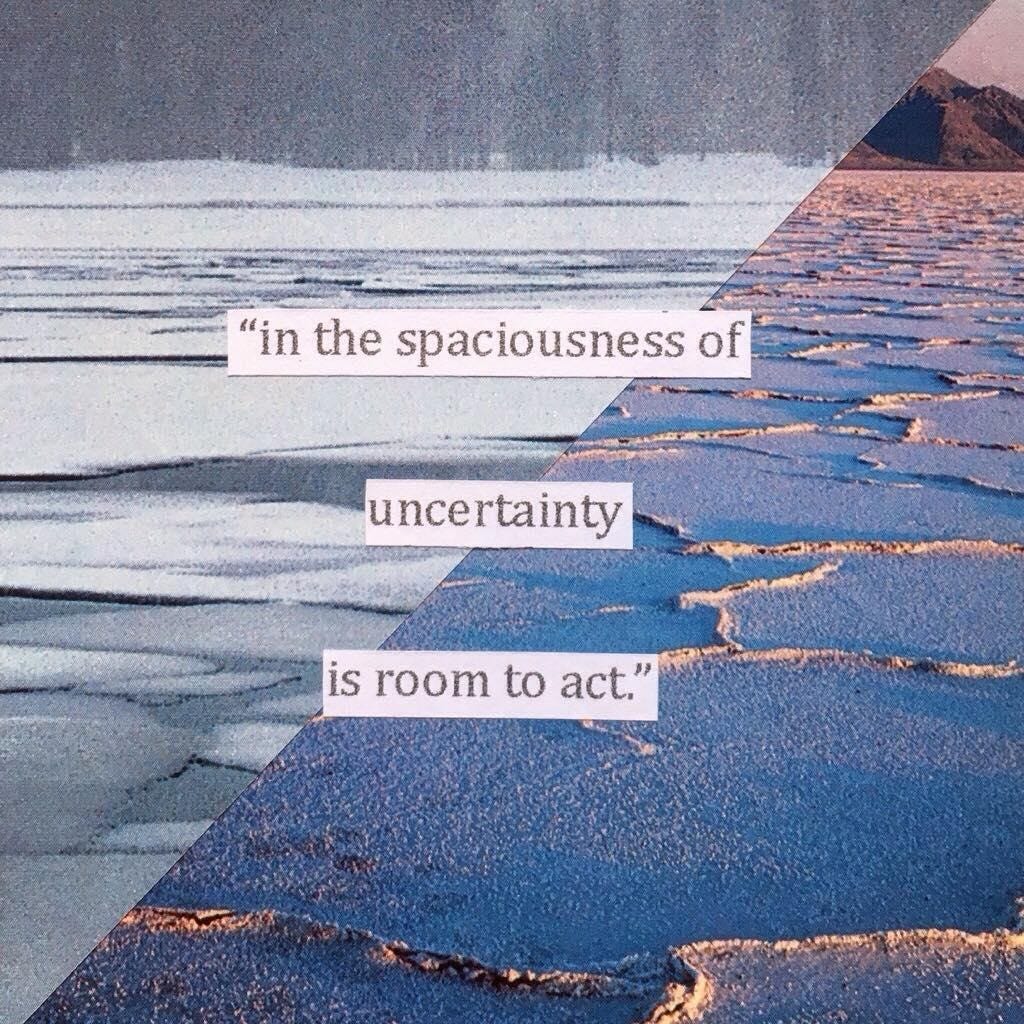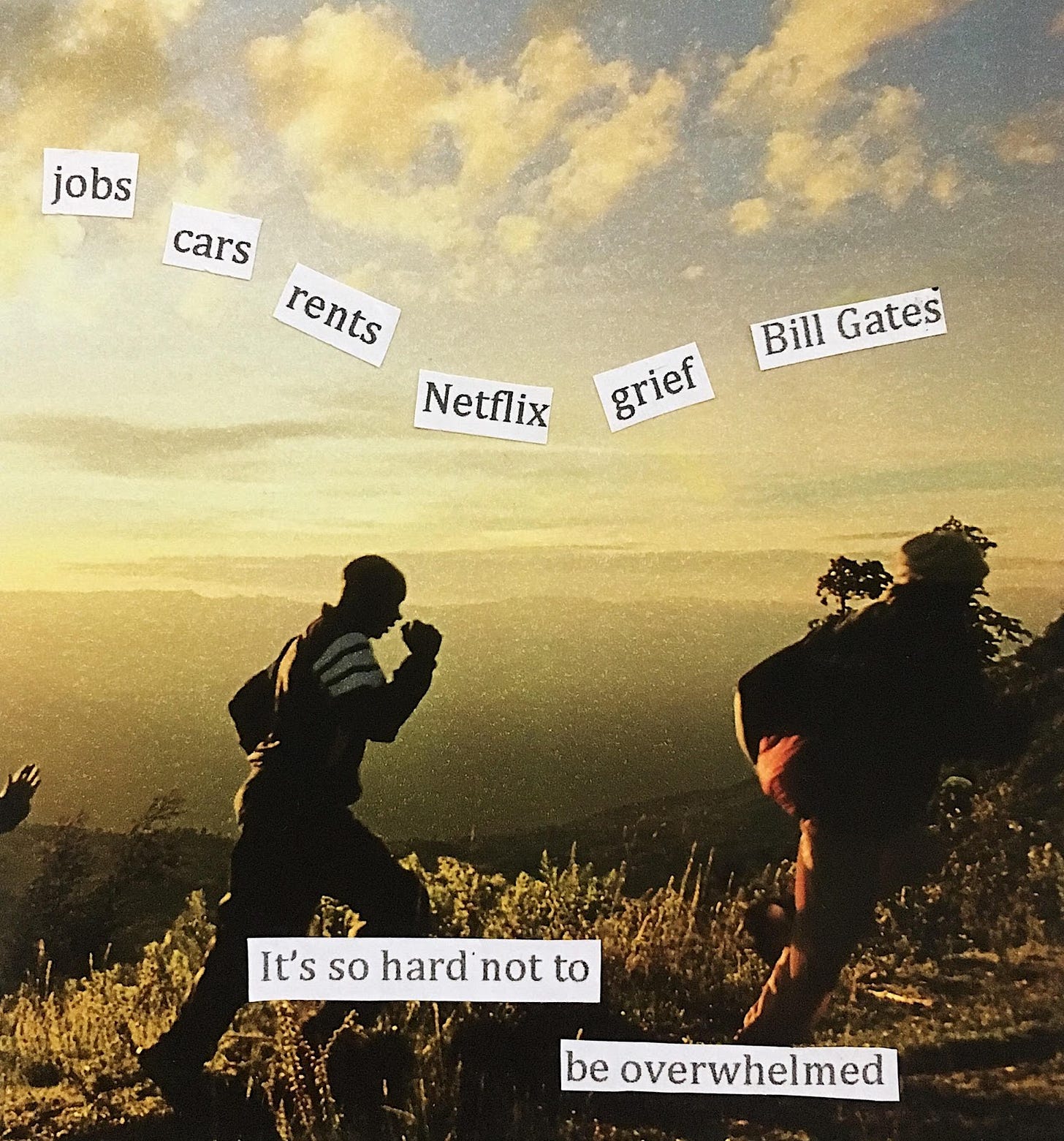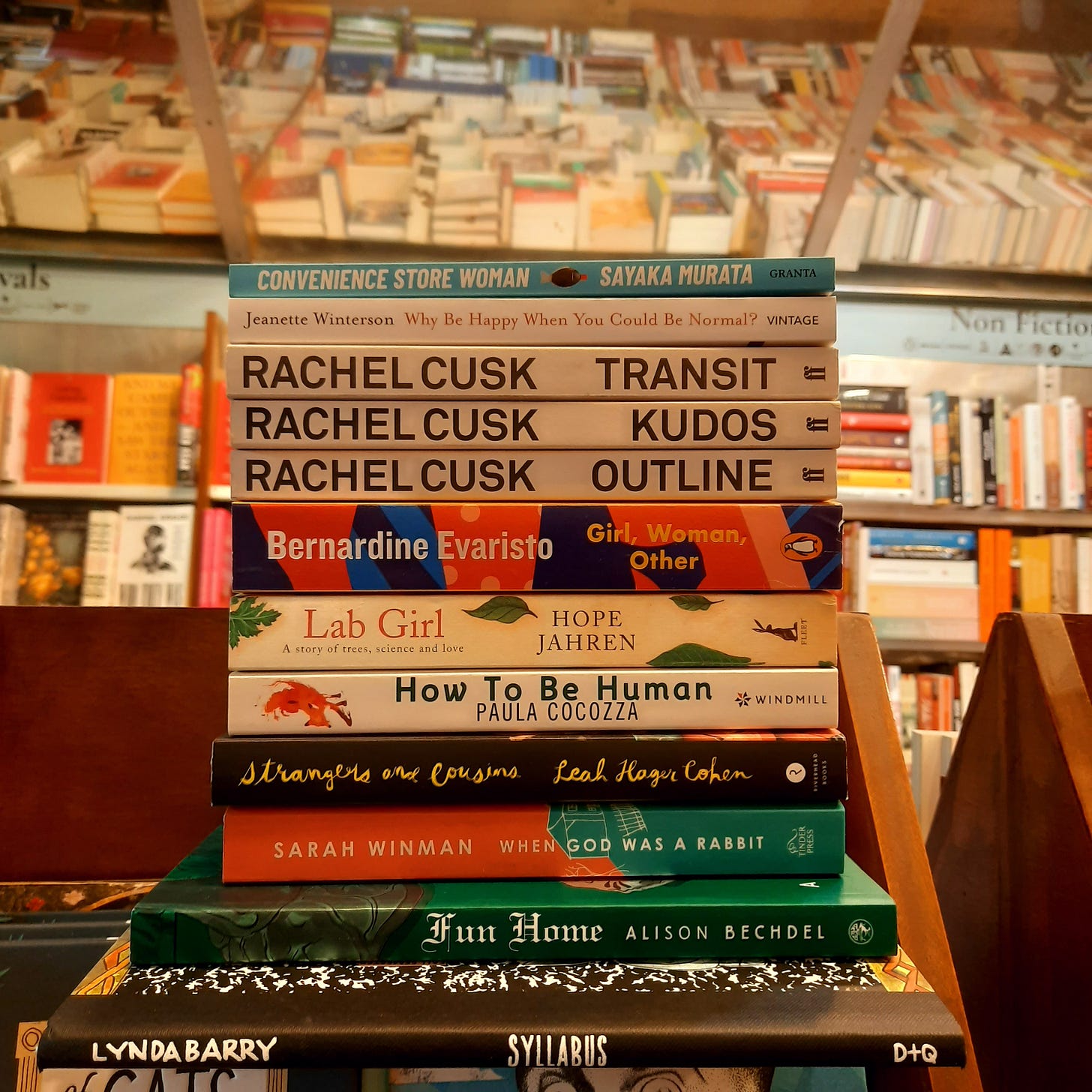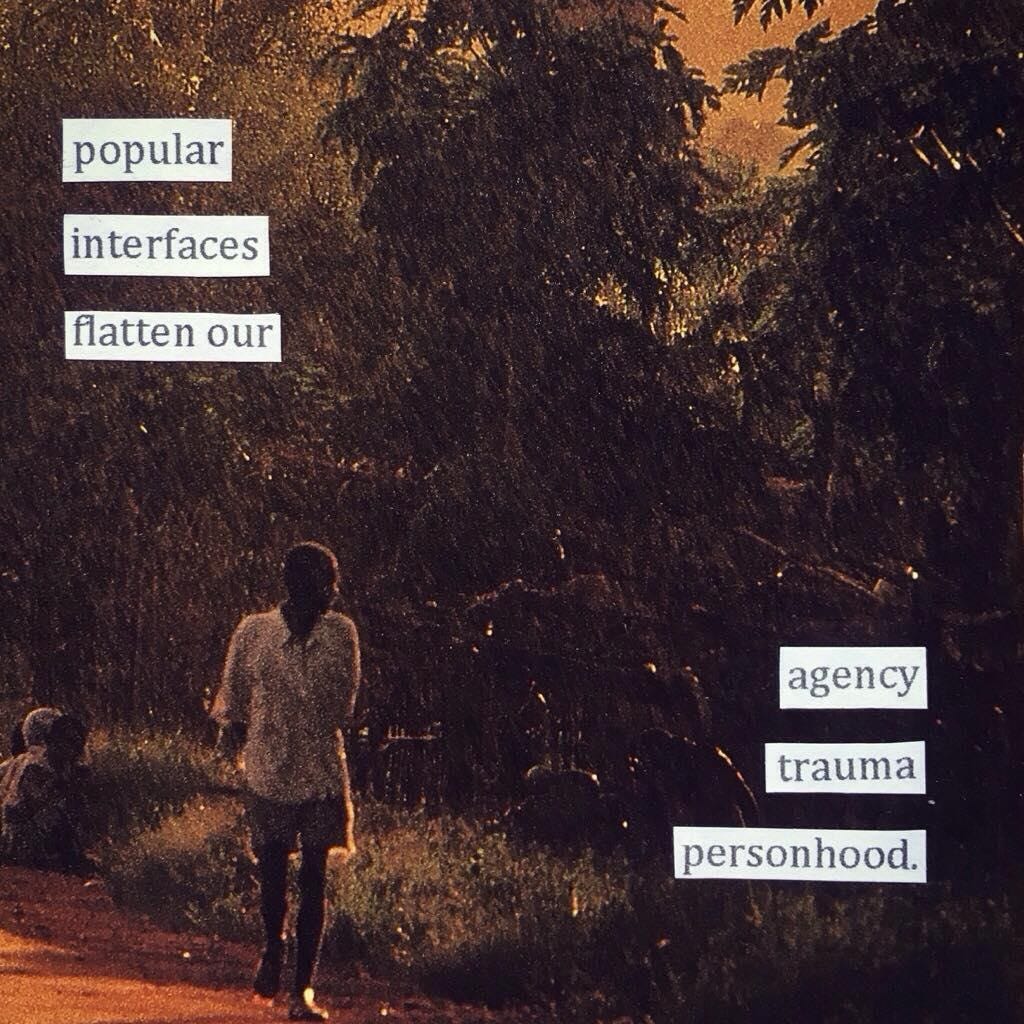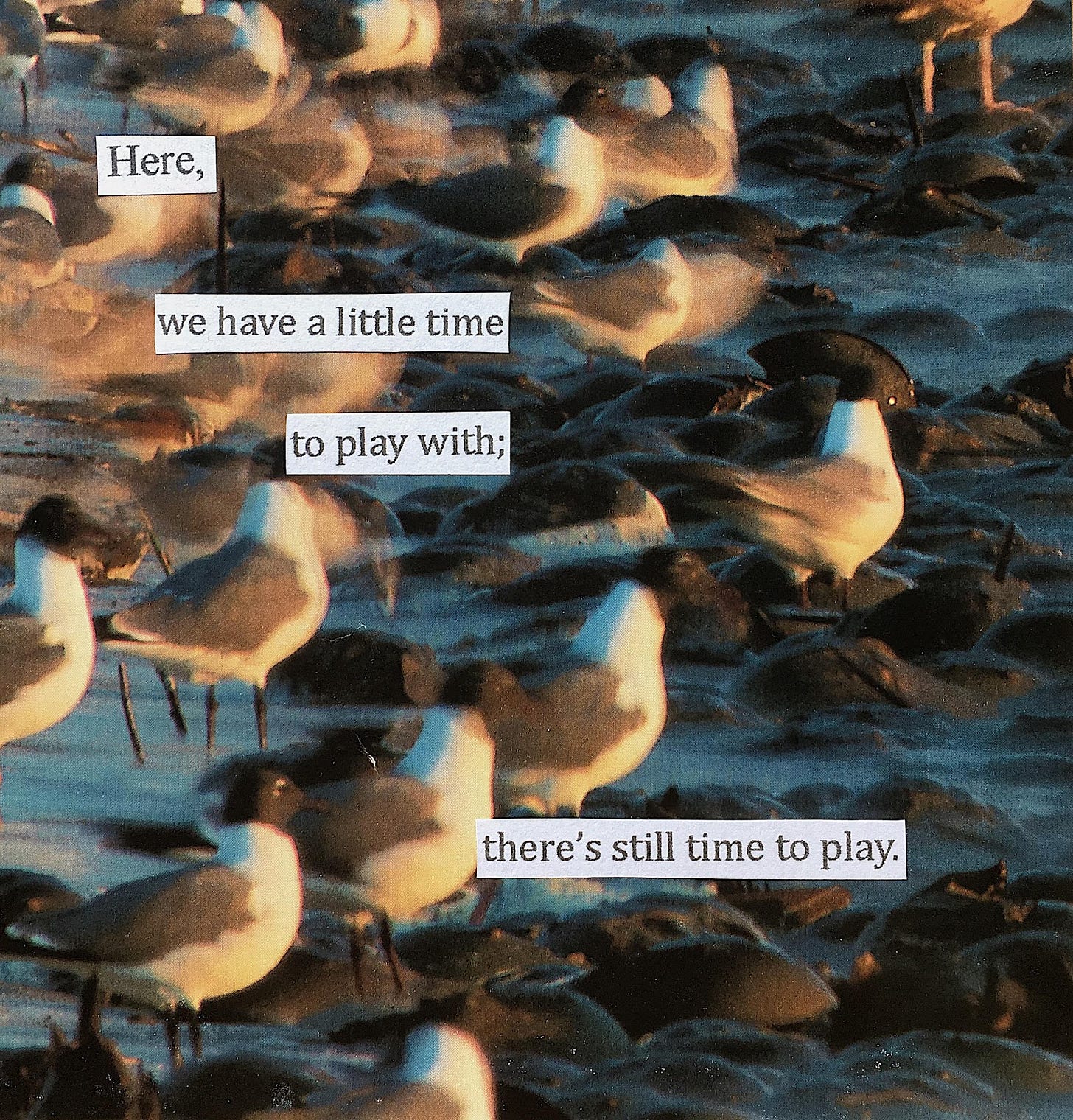This is my newsletter #19: Richa Kaul Padte
In late 2013, I got a migraine, which got worse, then better, then turned into a headache, which got better, which got worse, which got better.
In early 2015, I lost my sense of balance. I got dizzy, I got dizzier, I got a diagnosis, I got better, I sometimes felt worse.
In 2019, in what felt like a completely different narrative, I contracted a stomach infection, which got worse, which got worse, which got almost imperceptibly better.
The problem with trying to tell the story of my illness is that it doesn’t read like a story. Or at least not one with the traditional contours of a conflict and a resolution; a beginning, middle and end.
Last year (a very bad health year for me), my doctor showed me a graph, which I modified and drew here:
When I go to bed each night, I don’t know how I’ll wake up feeling the next day. When I accept a deadline, I’m always nervous I won’t reach it. When I decide to meet a friend for lunch, I have no idea what the consequences for my body will be. Not to mention that time itself does some very loopy things when I’m in a bad pain week, month, or year.
And now, I wonder if maybe all of us, in our own large and small ways, are discovering what it means to live with this sort of uncertainty on a daily basis. To not know what will happen — to our own bodies, to those of our loved ones, to the community body prevented from coming together. To have had the consequences of our small, daily actions rendered entirely unpredictable. To feel like time is coming undone, the possibilities for stitching it back together out of reach. Uncertainty feels like the pulse of 2020, its unstable beating heart.
The thing about uncertainty, though, is that it cuts both ways; or rather, all ways. I didn’t attend my fully funded masters programme, but I did get a book deal. I didn’t move back to the UK, but I was adopted by the two best cats in the world. These aren’t silver linings, exactly. What is lost is not recompensed by what is gained; life is too weird, terrible, wonderful for that. These are simply the spidery threads of my life that have moved in unexpected directions, spun both willingly and unwillingly in the throes of uncertainty.
There’s no meaningful story in which baking delicious banana bread offsets the lives lost in the pandemic. Or one in which the friends in your neighbourhood change the way you miss the ones across oceans. And I don’t believe we need to construct a narrative that neatly ties up these threads, either. Or who knows, perhaps we do, but I am not sure we actually can. Because the point is: uncertainty.
My favourite living essayist Rebecca Solnit writes:
“It is important to say what hope is not: it is not the belief that everything was, is or will be fine. It is not a sunny everything-is-getting-better narrative, though it may be a counter to the everything-is-getting-worse one...Hope is an embrace of the unknown and the unknowable, an alternative to the certainty of both optimists and pessimists…You could call it an account of complexities and uncertainties. Hope locates itself in the premises that we don’t know what will happen and that in the spaciousness of uncertainty is room to act.”
You can read the full essay (which is actually an excerpt from her book) here.
I was going to share a bunch of lovely online things with you, but the truth is that recently the internet has not felt good to me. I don’t know if it’s because the world is burning or grief is piling up or that I’ve spent two years editing a longform series on big data, but something inside me feels a bit sick every time begin scrolling. These digital doulas know what’s up.
Relatedly, I wrote an essay in 2016 titled “If we bring our loneliness to the internet, what do we take away?” — and it ended up being the most popular thing I’ve ever written. Which feels nice, because I guess a part of me never stopped feeling that instead of using the internet, the internet was using me.
Books, though, books are my lifeline. Jeanette Winterson writes, “reading is where the wild things are,” and I’m spending my days lost in the wilderness.
Last year (that exceptionally bad health year), I discovered that the only thing I had any energy for was reading, so I tried to absorb that into my work. To that end, I’ve had some in-depth conversations with authors about their books. Here’s my chat with Jenny Odell, who wrote my favourite 2019 book How to do Nothing: Resisting the Attention Economy. I suspect some of my disillusionment with commercial social media comes from her work. Some other conversations I liked were this one about plagues, climate change and social media with Elisa Gabbert, and this one about birds, wildness and species-loneliness with Charlotte McConaghy.
I also just finished curating a list of some of my favourite books for the lovely folks at The Bookshop in Jor Bagh (Delhi), and as far as I know, they still have them in stock. You can email or DM them for any of your book needs (they ship across India) — they’re the best readers I know.
Some other independent booksellers I love are Champaca in Bangalore and Trilogy (which is also a library!) in Bombay. In fact, one of my personal victories is that it’s been nearly a year since I’ve ordered a single book from Amazon, a company that actively undercuts both authors and publishers. Plus Jeff Bezos is a very wealthy white man who doesn’t need my money at all.
Speaking of money, I don’t like to give prescriptive advice, but this is something I really believe in. If you have money, give some away. Last year, I hardly worked at all. This year, I’ve had more energy, so I’ve worked much more. But most people don’t get to take six months off with no real consequences.
Uncertainty has the potential for new thoughts, actions and possibilities, but it can also further exacerbate economic and social devastation for people living at the margins: something we’ve seen no end of in 2020. So, if you have access to regular-ish income, family resources, or any form of cultural or social capital, don’t horde it — share it. Aside from one off donations to people, organisations and animals in distress, I’m also trying to support a few creators and writers in small, sustained ways. I have recurring subscriptions to Sanitary Panels, Akademi Magazine, and Ann Friedman’s newsletter, which all make my ability to engage with the news a little bit easier, too.
The last thing I’ll say about uncertainty that it is terribly exhausting, and it’s worthwhile building in pockets of reliability wherever you can — safe harbours in which you can rest. For me, this often takes the form of returning to things I’ve loved. Over the last month, I’ve been rewatching Buffy The Vampire Slayer, I’m rereading all of Zadie Smith’s novels, and if my favourite podcast Oh Witch Please hadn’t come back for a reboot, I was gearing up to relisten to it. This lovely episode of Secret Feminist Agenda on the value of rewatching, relistening and rereading is one I hold closely.
So this winter (whatever that looks like where you are — I just prefer marking the seasons to the arbitrary calendar year), I wonder:
Is there something comforting you’d like to return to?
Is there something new, or with uncertain outcomes, that you’d like to lean into?
As for me, it turns out I just did both by writing this newsletter.
-Richa xx
writing | book | twitter | instagram
(All the collages in this newsletter are from my existential 100 day project, which I’m taking approximately 292298 days to complete. You know: uncertainty)
